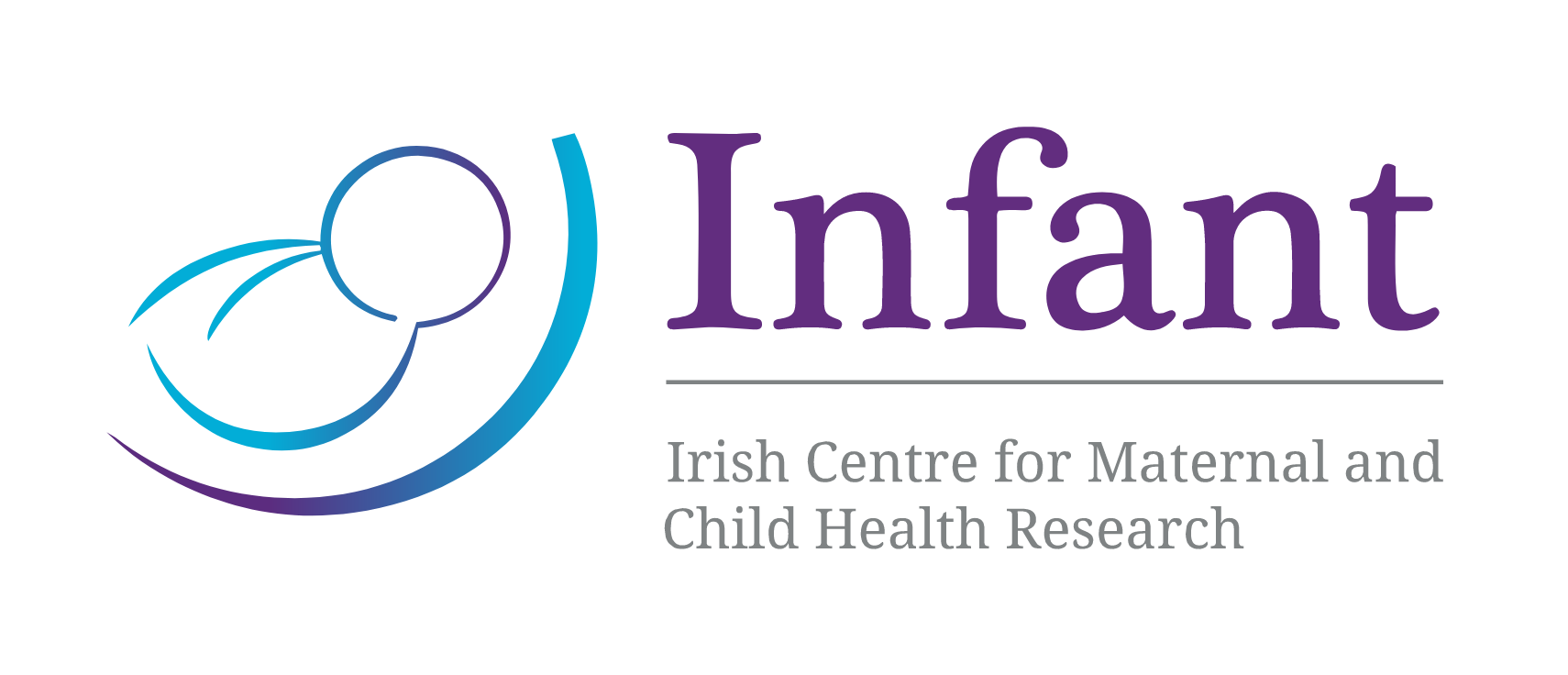Early Detection & Intervention for Cerebral Palsy in Ireland
This study is aiming to reduce the age of diagnosis of Cerebral Palsy in Ireland to 9 months of age.
Principal Investigator: Prof Brian Walsh
What is this study about?
Cerebral palsy (CP) is a condition when a baby or a child has a brain injury that affects their movement and muscle tone.
Some people with CP can have other developmental issues, like learning impairments, but many do not and have isolated issues with their motor skills.
Some newborns are at higher risk of developing CP, including babies born premature, those who have an injury to their brain, and those who have an abnormal neurological exam. However, most babies with a higher risk of CP do not develop CP. The problem is that clinicians can’t tell at the start who will and who will not develop CP, we can only say who has a risk of it. Therefore, we follow these babies up in out-patient clinics to see how they are progressing. These babies are usually followed by a neonatologist (baby doctor), often a physiotherapist, and may also be referred to services in the community like the Early Intervention team.
If there is a significant concern, doctors will often perform a scan of their brain to provide more information. Even with all this follow-up it still usually takes at least 2 years to diagnose a child as having CP.
In this study we want to try and reduce the age of diagnosis of CP by assessing children in high risk out-patient clinics using specific clinical exams that have been shown to be more accurate in predicting CP.
This study is being conducted at several hospitals across Ireland, including Cork University Maternity Hospital, The Rotunda Hospital, The National Maternity Hospital, Coombe Women and Infants Hospital, and University Maternity Hospital Limerick.
It is being coordinated by the In4kids network and will run through the INFANT centre and University College Cork. The study has been funded by the Cerebral Palsy Foundation, USA.
A similar project was conducted in the USA and showed that using these specific clinical exams at set times, they could reduce the average age of CP diagnosis by 10 months. We hope that we can achieve something similar and show that in Ireland we can reduce the age of CP diagnosis by using these proven clinical exams.
